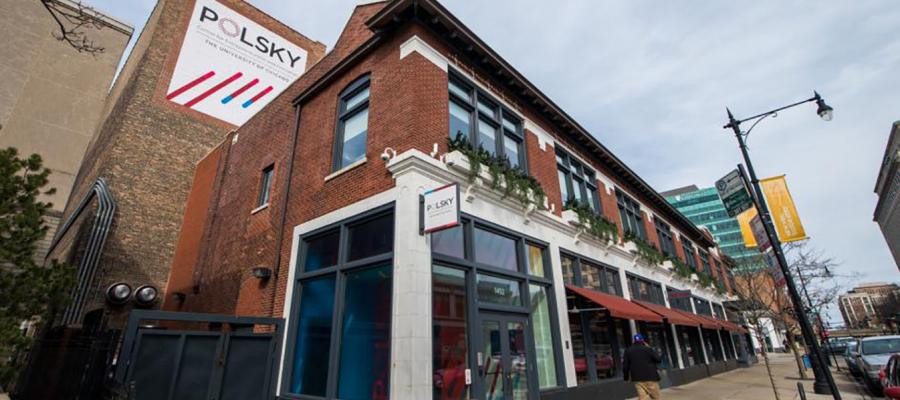In a comment to my earlier post on the US News college rankings, Bouree makes an excellent point about the costs and benefits associated with the U of C shooting up:
Though I’m glad our school’s (now accurate) stats are being recognized, I’m sad that we’ll probably get a lot more ranking-obsessed, not Chicago-obsessed, applications and incomers.
While we all know that there are tons of checks still in place to keep non-Chicago people out (the Uncommon, the Chicago winter, the Core, the ability of non-Chicago people to transfer out, etc.) the jump to is likely to cause a boost in applicants. An interesting paper was done on the impact an increase in US News rankings has on admissions:
Despite the widespread popularity of the U.S. News & World Report College rankings there has been no empirical analysis of the impact of these rankings on applications, admissions, and enrollment decisions, as well as on institutions’ pricing policies. Our analyses indicate that a less favorable rank leads an institution to accept a greater percentage of its applicants, a smaller percentage of its admitted applicants matriculate, and the resulting entering class is of lower quality, as measured by its average SAT scores.
Essentially, it is harder for colleges that suddenly get a lower rank to matriculate the top students they use to get. As a result, the class gets less selective. What I am guessing we will see is a jump in applications but a class that is just as selective as in years past. Why? Because most students that choose to enroll somewhere visit the school and weigh their options. For many the U of C just isn’t the type of environment many are looking to spend four years. In this scenario we’d get the best of both worlds, the added prestige of having a higher rank but none of that Ivy-league riff-raff.









